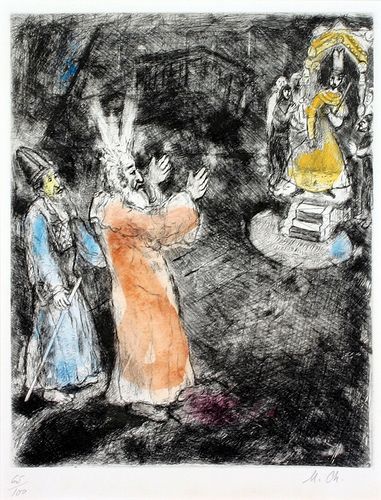Revisiting history is revisiting oneself.
My upbringing involved Anglicanism: 1066 belongs to England; crucifixion belongs to Christ; “ibn” means “son of” for Arabs and not for Jews; the Vizier is a wicked Muslim politician out of the Arabian Nights; and Jews suffered pogroms being outside of legal protection.
In time I found out that there were other views: that in 1066, England fell to the Normans; that Herodotus recorded crucifixion with nails half a millennium before Christ’s death; that “ibn” while Arabic is commonly used by Sephardic Jews; and that a number of Jews have held powerful positions in non-Jewish kingdoms.
Given that Moses remains the best-known of such Jews, I’ll leave Vizier for now and turn to Granada, that extraordinary melting pot of Jews, Christians and Muslims in the south of the Iberian peninsula.
On 30 December 1066, a Muslim mob stormed the royal palace in Granada, crucifying the Jewish vizier Joseph ibn Naghrela, and killing many of the wealthy Jewish population.
Each culture has a different version of what happened. Both sides do agree that one instrument of provocation was a poem of Abu Ishaq written earlier in the year:
Do not consider it a breach of faith to kill them, the breach of faith would be to let them carry on.
They have violated our covenant with them, so how can you be held guilty against the violators?
How can they have any pact when we are obscure and they are prominent?
Now we are humble, beside them, as if we were wrong and they were right!
Whether – as the Jewish narrative has it – the poet wrote after failing to get a job at the palace, the theme is a theme across history, the tension between faith to the teachings of one’s own God and the faith of trust in our neighbours; when is what is rendered God’s and when is it Caesar’s?
And “Vizier”? It may or may not be Arabic. By the first suggested etymology it is, drawing on “wazara”, to bear a burden, and “wazir”, helper. By the second, we are taken right back to pre-Islamic Iranian languages: one has “vizir”, a legal document; another, “vicira”, an arbitrator.
I am taken with the first suggested etymology; it is well known that the Moses of Pharoah’s court seeks that his brother Aaron be his helper; the Quran records this role as that of wazir; and the idea that Moses might want his brother as vizier is not something that flourished in my Anglican days.

Mark Chagall, 1957.